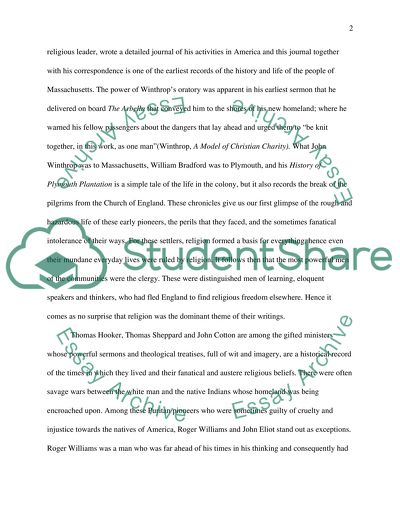Cite this document
(“History of american literature Essay Example | Topics and Well Written Essays - 2500 words”, n.d.)
Retrieved from https://studentshare.org/literature/1478876-history-of-american-literature
Retrieved from https://studentshare.org/literature/1478876-history-of-american-literature
(History of American Literature Essay Example | Topics and Well Written Essays - 2500 Words)
https://studentshare.org/literature/1478876-history-of-american-literature.
https://studentshare.org/literature/1478876-history-of-american-literature.
“History of American Literature Essay Example | Topics and Well Written Essays - 2500 Words”, n.d. https://studentshare.org/literature/1478876-history-of-american-literature.


